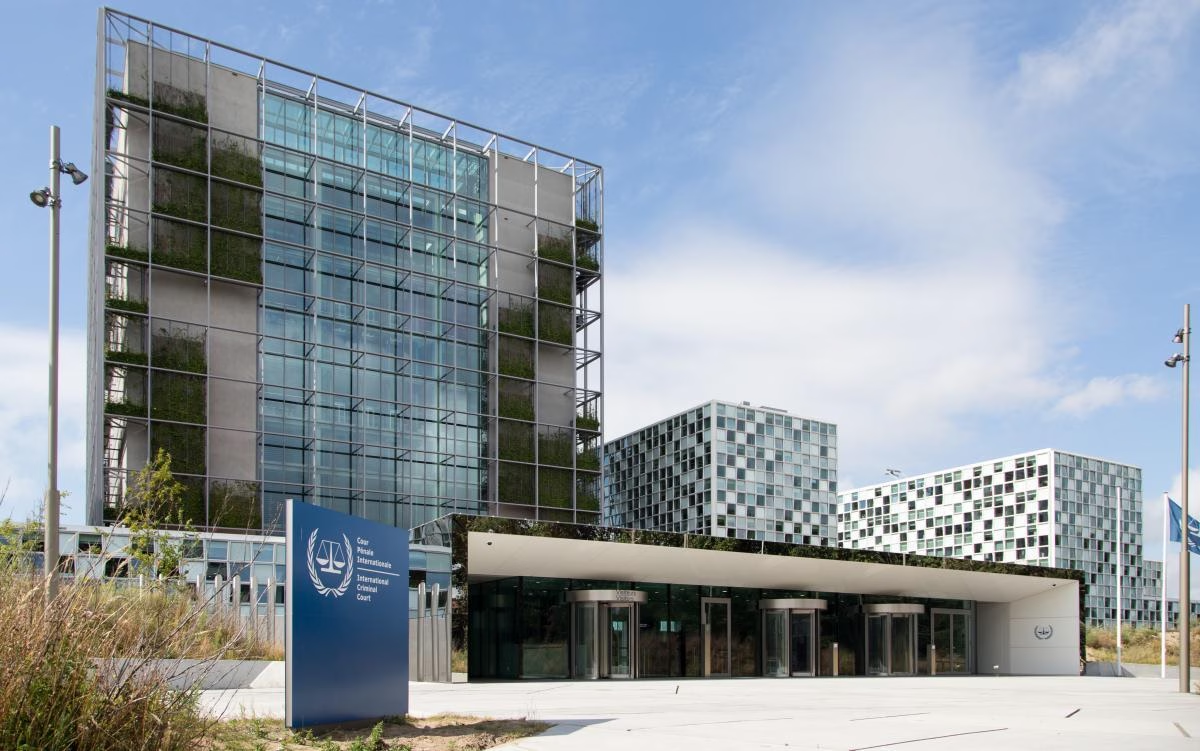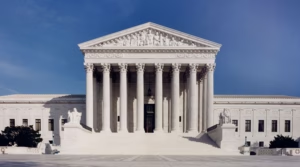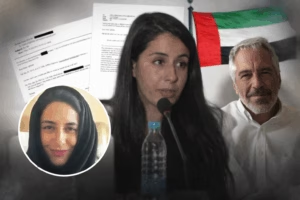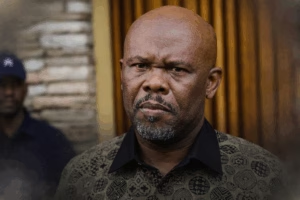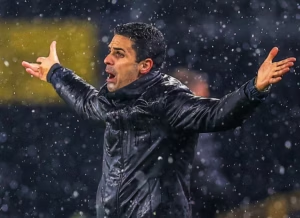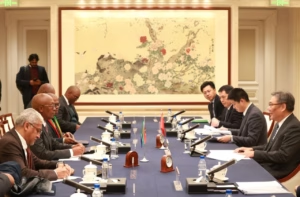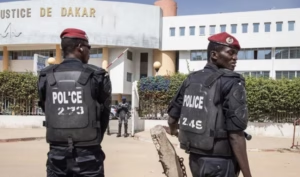The United States is deliberating whether to escalate its long-running confrontation with the International Criminal Court (ICC) by placing the entire tribunal under sanctions. According to Reuters, which cited six individuals familiar with the matter, such a move would represent the most sweeping action to date against the Hague-based institution.
What entity-wide sanctions could mean
Until now, Washington has imposed restrictions on individual judges and prosecutors. Broad sanctions against the ICC itself, however, would affect every aspect of its operations, from paying staff salaries to securing banking services and accessing routine software. One American official confirmed that entity-wide sanctions are being discussed, but stressed that no final decision has been announced.
Sources close to the court revealed that the ICC has already started contingency planning. Salaries for staff have reportedly been paid in advance through the end of 2025, while new providers for banking and office systems are being considered. Court officials have also convened emergency meetings with diplomats from member states to measure the potential fallout.
Why the United States is exerting pressure
The pressure on the ICC intensified after it issued arrest warrants last year for Israeli Prime Minister Benjamin Netanyahu and former Defence Minister Yoav Gallant, charging them with alleged war crimes in Gaza. Members of Hamas were also included in the warrants.
American officials argue that the court has overstepped its authority. In Washington’s view, the ICC has no jurisdiction over Israeli nationals because Israel, like the United States, is not a signatory to the Rome Statute. Both countries reject the ICC’s recognition of Palestine as a member, which forms the basis for its jurisdiction over alleged crimes in Gaza.
Pushback from member states
The possibility of broader sanctions has unsettled many of the ICC’s 125 member countries. According to three diplomats who spoke with Reuters, several states intend to raise objections at the United Nations General Assembly this week.
“The road of individual sanctions has been exhausted. It is now more about when, rather than if, they will take the next step,”
said one senior diplomat.
The origins and role of the ICC
Established in 2002 under the Rome Statute, the ICC was designed to prosecute individuals accused of genocide, war crimes, and crimes against humanity. Its creation was hailed as a landmark in the pursuit of global accountability. Yet, from its inception, the court has faced opposition from major powers that question its jurisdiction and impartiality.
American rhetoric against the court
The rhetoric from Washington has hardened in recent months. When announcing sanctions last month against two judges and two prosecutors, US Secretary of State Marco Rubio described the ICC as
“a national security threat that has been an instrument for lawfare”
against both the United States and Israel.
Earlier this year, the US sanctioned Karim Khan, the court’s lead prosecutor, after he pursued arrest warrants against Israeli officials. Khan, who denies allegations of sexual misconduct, is currently on leave while an investigation is underway.
What comes next
The key question now is whether the United States will move from individual sanctions to a blanket measure that could paralyse the ICC. Such an action would not only strain relations with member states but could also undermine the court’s ability to function as an international judicial body.
The United States appears to be edging closer to a decisive confrontation with the International Criminal Court, adopting an increasingly uncompromising stance that critics say undermines international law. At the heart of this battle lies Washington’s determination to shield Israel from accountability over alleged war crimes in Gaza, even if it means weakening or crippling one of the world’s foremost judicial bodies.
By threatening sanctions not only on individuals but on the ICC as an institution, the US is signalling that it is prepared to go further than ever before in challenging the authority of the court and its role in global justice. This escalation underscores a growing divide between the principles of international accountability and the political imperatives of protecting close allies.
For diplomats and observers alike, the debate reflects a broader struggle between international accountability and national sovereignty. While the ICC has been criticised for selective prosecutions and inefficiencies, its supporters argue that crippling it through sanctions would be a setback for global justice.

